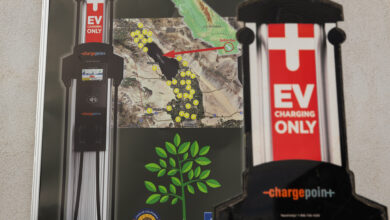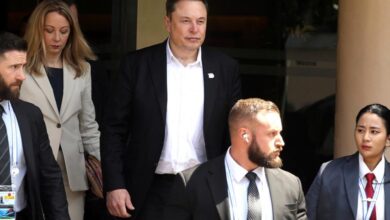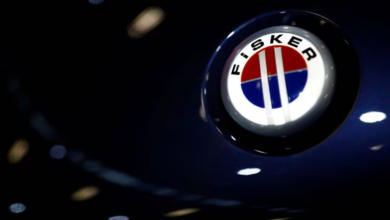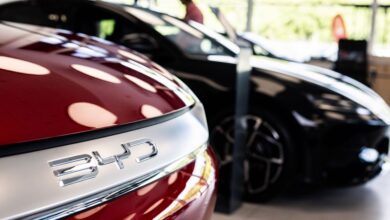Illinois Accelerates Electric Vehicle Infrastructure Expansion
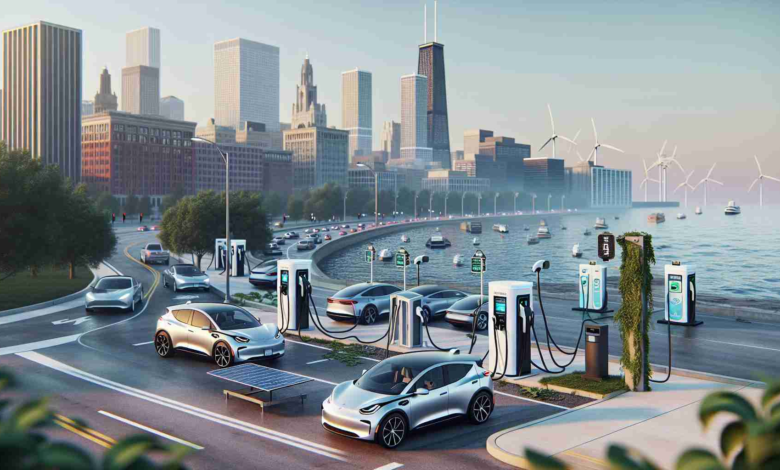
The Illinois Environmental Protection Agency is advancing the state’s green transportation goals by allocating $25.1 million in grants to support the development of electric vehicle (EV) charging stations. This initiative will add 643 new direct current fast charging (DCFC) ports across 141 locations, propelling Illinois closer to a sustainable future.
This financial boost comes from the Driving a Cleaner Illinois program and is a strategic move in increasing eco-friendly commuting options. Consideration was given to projects within Equity Investment Eligible Communities, underscoring the state’s commitment to inclusive progress.
The grants target a variety of public spaces, including gas stations, community colleges, hotels, car dealerships, shopping centers, healthcare centers, and recreation areas. These offerings cement Illinois’s reputation as a forward-thinking state investing heavily in clean energy and infrastructure.
Among the notable awardees, BP Products North America Inc. received one of the largest portions with $8.3 million allocated for chargers in various locations. Other recipients like Rivian Automotive LLC and Universal EV LLC were also granted significant funds for their charging station projects.
This infusion of funds doubles the number of publicly accessible fast charging ports and aligns with Governor JB Pritzker’s vision of a 100% clean energy state by 2050. The move also builds on the $12.6 million awarded previously from the Volkswagen Settlement for EV fast-charging ports.
As Illinois continues to invest in green technology, this expansion is a critical step towards reducing the state’s carbon footprint and facilitating a nationwide transition to electric vehicles.
Electric Vehicle Charging Infrastructure Market Growth
The push by the Illinois Environmental Protection Agency to bolster green transportation is aligned with the broader electric vehicle industry’s rapid expansion. Market forecasts suggest that the EV charging infrastructure market is projected to grow significantly in the coming years. Factors driving this growth include increasing sales of EVs, a supportive regulatory environment, and technological advancements in charging solutions. Companies and governments worldwide are investing in EV charging networks to accommodate the anticipated surge in demand for electric vehicles.
The global EV charging stations market is expected to flourish due to initiatives like Illinois’s, which help reduce range anxiety for EV users and encourage wider adoption of electric vehicles. As battery costs continue to fall and charging technology improves, more consumers are expected to switch from traditional combustion engine vehicles to EVs.
Industry-Wide Issues
Despite the positive outlook, there are still challenges facing the electric vehicle charging infrastructure industry. These include the need for standardized connectors and charging protocols to ensure compatibility across different EV models and charging networks. There is also the issue of developing a widespread and reliable charging network that can serve urban and rural areas equally, addressing what is often referred to as “charging deserts.”
Furthermore, the issue of drawing power from a grid still reliant on fossil fuels raises questions about the true environmental impact. Transitioning the power supply to renewable sources is essential for EVs to realize their full potential in reducing carbon emissions.
Another challenge lies with the speed of charging technology; while DCFC stations offer much faster charging times than their Level 2 counterparts, there is still significant room for improvement to match the convenience of traditional fueling methods.
Looking Forward
Illinois’s investment in EV charging stations reflects a state and nationwide commitment to adopting cleaner energy solutions. Continued investment and policy support will be key to overcoming industry challenges and unlocking the potential benefits of electric vehicles.
For more information on broader trends and initiatives in sustainable transportation, explore organizations pursuing similar goals:
– U.S. Environmental Protection Agency (EPA)
– U.S. Department of Energy (DOE)
– International Energy Agency (IEA)
These links take you to the main pages of organizations that play pivotal roles in shaping the sustainable transportation industry through their research, policies, and funding programs. They offer valuable insights into the progress and direction of the EV market, both nationally and internationally.

Jerzy Lewandowski, a visionary in the realm of virtual reality and augmented reality technologies, has made significant contributions to the field with his pioneering research and innovative designs. His work primarily focuses on enhancing user experience and interaction within virtual environments, pushing the boundaries of immersive technology. Lewandowski’s groundbreaking projects have gained recognition for their ability to merge the digital and physical worlds, offering new possibilities in gaming, education, and professional training. His expertise and forward-thinking approach mark him as a key influencer in shaping the future of virtual and augmented reality applications.
